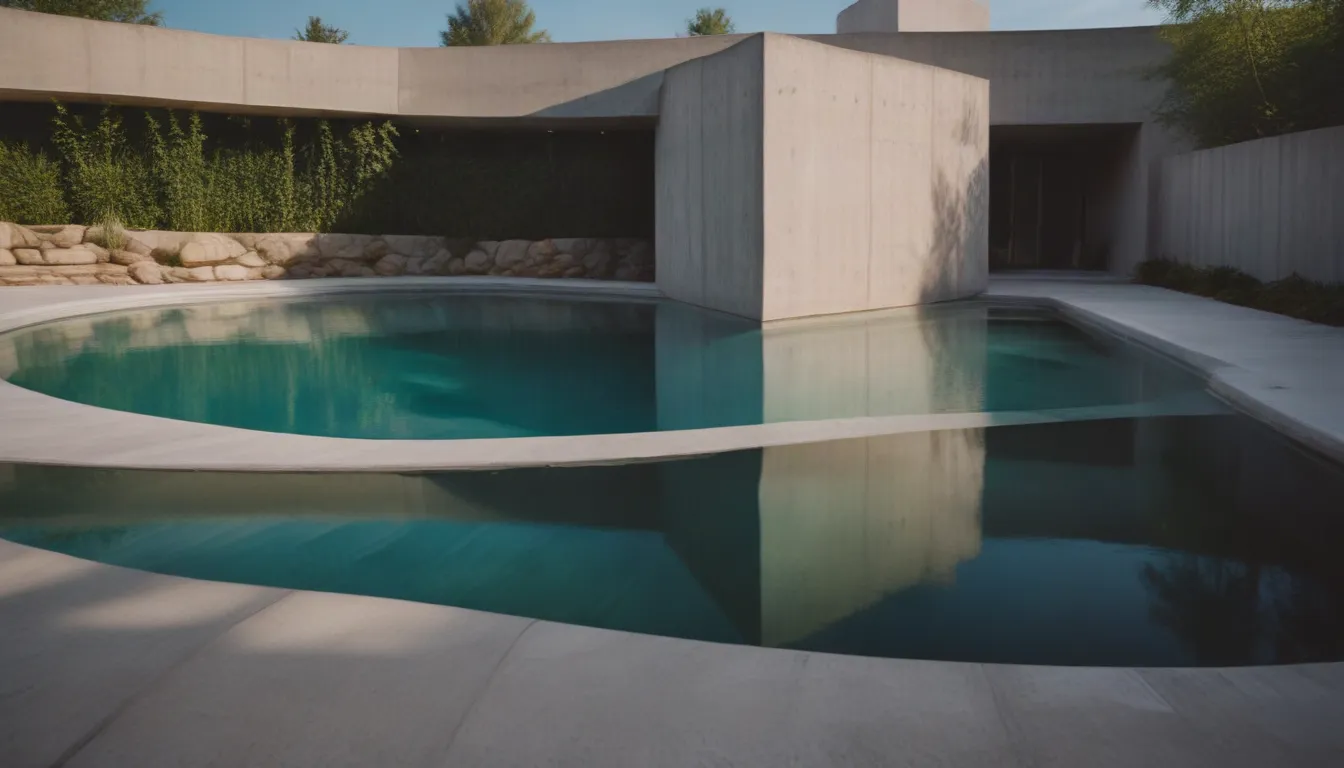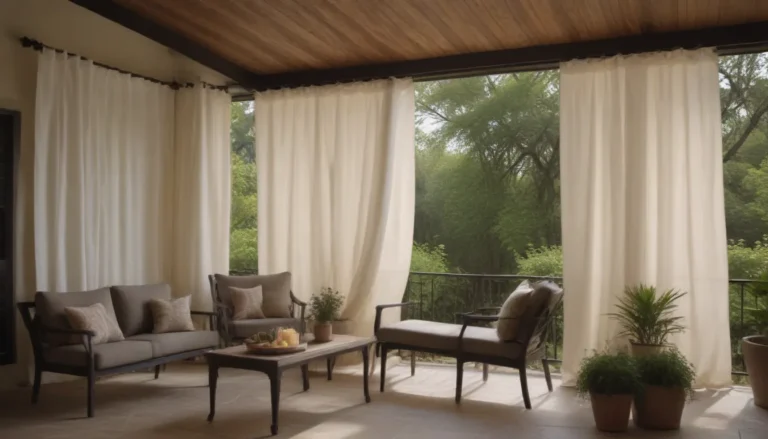The Ultimate Guide to Concrete Pools

Are you considering investing in a pool for your home, but unsure about which type to choose? Look no further than a concrete pool! In this comprehensive guide, we will delve into everything you need to know about concrete pools to help you make an informed decision.
What Is a Concrete Pool?
A concrete pool is an in-ground pool constructed with a rebar skeleton encased in concrete and finished with a protective and decorative plaster layer. The robust construction of a concrete pool ensures durability, making it a long-lasting investment for your property.
Pros of Concrete Pools
- Durability: Concrete is a highly durable material, perfect for withstanding the elements and potential wear and tear over time.
- Customization: Concrete pools offer almost limitless customization options, allowing you to tailor the size, shape, and finish of your pool to suit your preferences.
- Versatility: With concrete pools, you can choose from a variety of finishes, including smooth, textured, or pebbled surfaces, to create a unique and visually appealing pool.
- Personalization: Concrete pools provide the flexibility to add features such as fountains, water slides, lights, and more, making it a personalized oasis in your backyard.
Cons of Concrete Pools
- Higher Construction Cost: The initial installation cost of a concrete pool is typically higher than other types of pools due to the labor-intensive construction process.
- Higher Maintenance Cost: Concrete pools require regular maintenance, including cleaning and periodic acid washing, which can add up in terms of time and money.
- Potential Repairs: Due to the nature of concrete, repairs and leak detection can be challenging and costly, especially if issues arise underground or within the structure of the pool.
Cost of a Concrete Pool
When budgeting for a concrete pool, it is essential to consider both the upfront installation costs and long-term maintenance expenses. The cost of installing a concrete pool can range from $50,000 to $120,000, depending on the size, options, and finishes selected. Additionally, ongoing maintenance, such as cleaning, brushing, and periodic repainting, can incur additional costs over the lifespan of the pool.
Concrete vs. Vinyl vs. Fiberglass Pools
When comparing pool types, it is crucial to understand the differences between concrete, vinyl, and fiberglass pools to determine which option best suits your needs and preferences.
- Concrete Pools: Ideal for homeowners seeking a durable and customizable pool, concrete pools offer longevity and versatility but come with higher construction and maintenance costs.
- Vinyl Pools: Cost-effective and easy to install, vinyl pools utilize a vinyl liner to contain the water but may require more frequent repairs and replacements due to wear and tear.
- Fiberglass Pools: Combining durability and affordability, fiberglass pools offer a low-maintenance alternative to concrete pools with a smooth surface that resists algae growth.
Ultimately, the choice between concrete, vinyl, and fiberglass pools will depend on your budget, maintenance preferences, and aesthetic considerations. While concrete pools may have higher upfront costs, their durability and customization options make them a popular choice for long-term investments in backyard luxury.
In conclusion, a concrete pool can be a fantastic addition to your home, providing years of enjoyment for you and your family. By weighing the pros and cons, costs, and maintenance requirements, you can make an informed decision on whether a concrete pool is right for you. Remember to consult with a reputable pool contractor to discuss your options and create the backyard oasis of your dreams.





